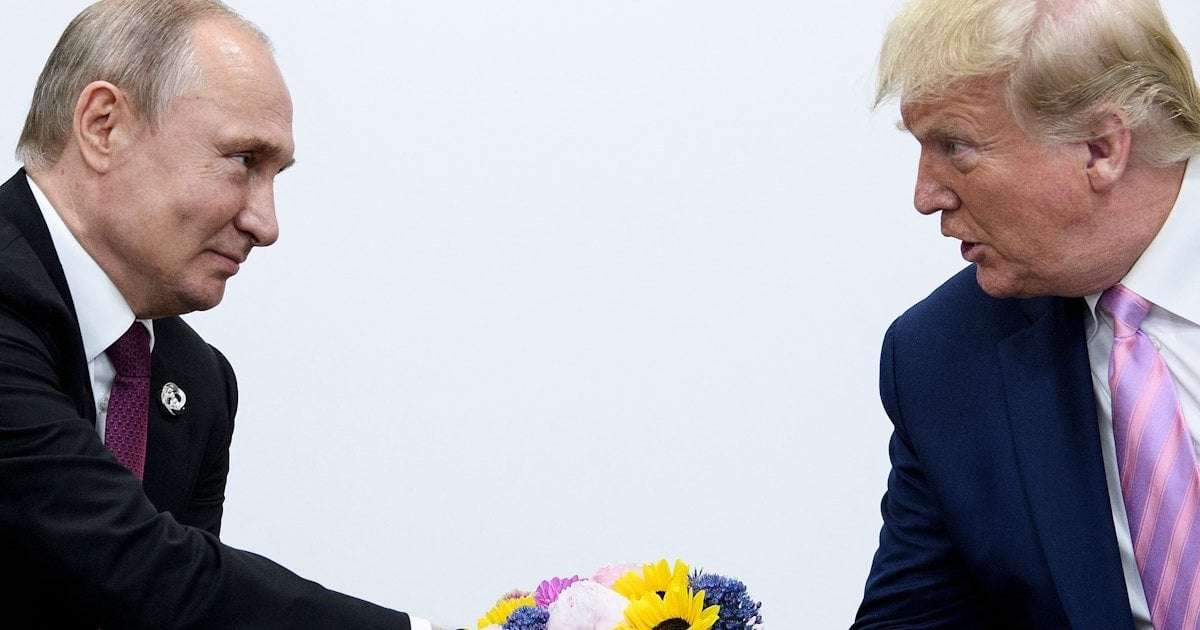Carlson’s tête-à-tête with Putin was an interesting acid test for how widespread the pro-Putin sentiment really is in America. After its broadcast, there was a clear understanding that Putin had effectively used Carlson for nothing more than spreading propaganda—Carlson made no news, and Putin was offered a friendly audience in the West. But very few Republican politicians were willing to publicly condemn Carlson for his transparent role in amplifying the Kremlin’s agenda. Nor have they shown much concern that their entire Biden impeachment probe might simply be another product spun up by the Kremlin.
Trent notes that Russia’s state-run television propagandists “are just wild about this. They just think Tucker Carlson’s wonderful, and you know, all of the people in the Republican Party who are saying nicer things about Putin than Biden and denigrating Ukraine. So they’re watching this.” Meanwhile, Carlson clearly understands that his softball interview with Putin and his praise of Russia’s autocratic system was a step too far—he’s been defending it ever since. But the damage has been done, as the former Fox host and his ilk have spent the past few years pushing the Overton window into a place where a pro-Putin stance is no longer unacceptable within the GOP.
Despite this campaign from figures like Carlson and Trump, not everyone in the Republican Party has completely abandoned their Reagan roots, as was evidenced by the actual policy coming out of the White House and Congress during Trump’s first term. Under Rex Tillerson and his successor, Mike Pompeo, the State Department took a strong position on countering Russian aggression, pulling out of the Intermediate-Range Nuclear Forces Treaty and sending Javelin missiles to Ukraine. Trump’s administration regularly issued sanctions against Russia during the first three years of his presidency. On the campaign trail, he called NATO “obsolete.” In the White House, he said the alliance was “no longer obsolete.” Much of that posturing and hard policy has to be attributed not to Trump’s swaying fancies but to the influence of the old-guard Republicans within the administration.
